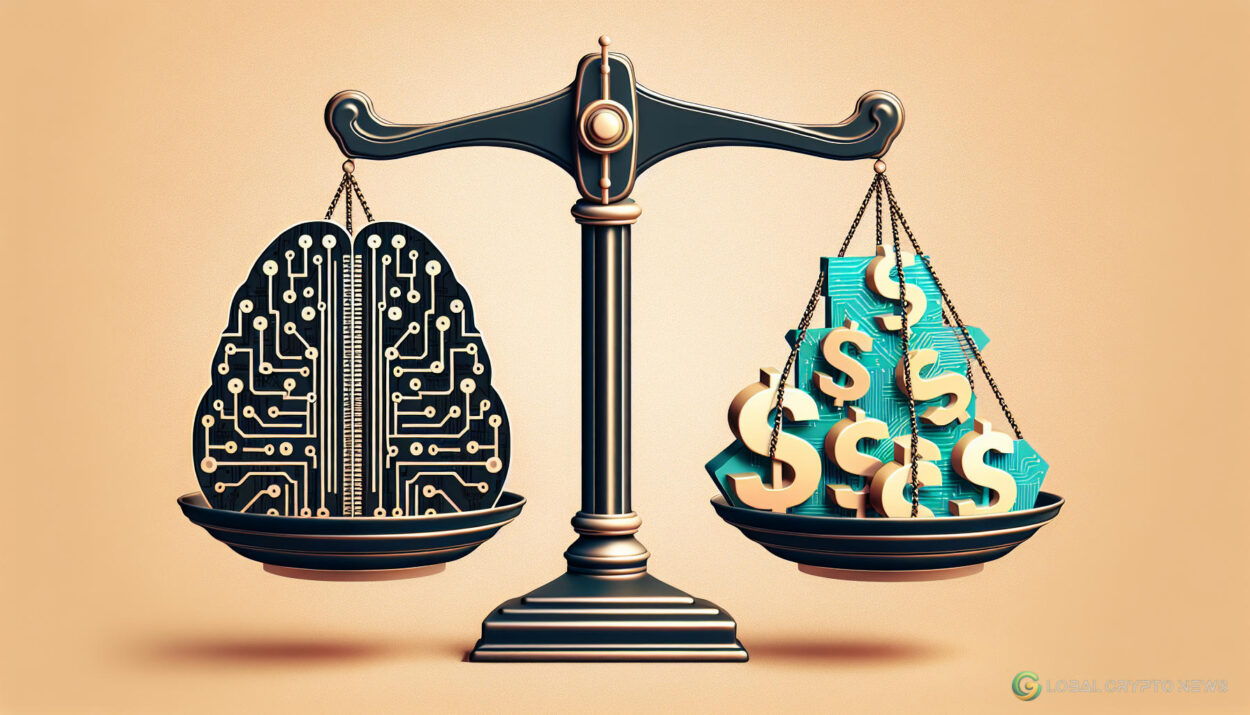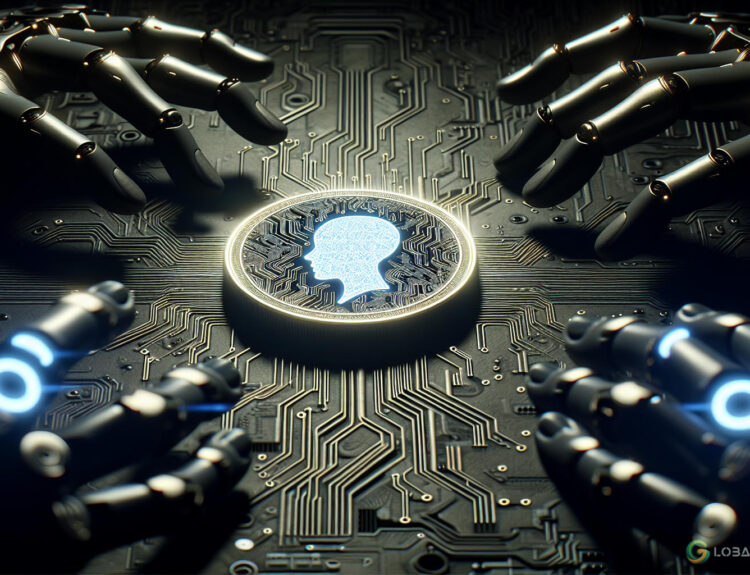Disclosure: The views and opinions expressed here belong solely to the author and do not represent the views and opinions of Global Crypto News’ editorial team.
Elon Musk’s Legal Action Against OpenAI
Elon Musk has filed a lawsuit against OpenAI, alleging that the company has deviated from its original mission of developing AGI for the benefit of humanity. Carlos E. Perez believes this lawsuit could potentially impact OpenAI’s standing in the Generative AI market.
OpenAI’s Profit-Driven Focus
The transformation of OpenAI into a for-profit entity is at the center of this legal battle. The emphasis on profit raises concerns about corporate interests overshadowing critical issues such as ethical AI training and data management.
Grok vs. ChatGPT
Grok, Elon Musk’s AI project and a competitor to ChatGPT, has capabilities to access real-time information from tweets. On the other hand, OpenAI has faced criticism for scraping copyrighted data. Recently, Google secured a $60 million deal to access Reddit users’ data to train its AI models, Gemini and Cloud AI.
The Importance of Meaningful Consent and Compensation
While open-source approaches are often touted as solutions, they don’t always serve user interests. Meaningful consent and fair compensation are essential in AI training environments. Emerging platforms that crowdsource AI training data are crucial in this context.
The Internet’s Data Landscape
Over 5.3 billion people use the internet globally, with approximately 93% utilizing centralized social media platforms. In 2023, around 147 billion terabytes of data were generated online, primarily user-generated. This volume is expected to exceed 180 billion terabytes by 2025. Despite contributing massively to AI’s training data, users often don’t benefit from their data’s usage.
Data Control and Ownership
Data is often compared to oil in terms of value. However, big tech companies have little incentive to give users control over their data, as paying users would significantly increase AI training costs, already estimated at over $100 million. Chris Dixon, in his book “Read, Write, Own,” argues that a few big firms controlling vast amounts of data is problematic.
The Role of Blockchain in Data Management
With the evolution of blockchain technology as a distributed data layer, a new era for users is emerging. New-age AI companies are beginning to adopt blockchain for better performance and cost-efficiency. Blockchains serve as verifiable data layers that can immutably establish provenance and settle transactions.
Privacy and Security Mechanisms
Recent advancements in privacy and security technologies, such as zero-knowledge proofs (zkProofs) and multi-party computation (MPC), have opened new avenues in data validation and management. These technologies allow for establishing truths without revealing the content, which is highly relevant for AI training.
Decentralized Data Sourcing
Web3’s decentralized nature allows direct connections between data producers—users—and projects that require data for AI training. Removing intermediaries reduces costs and aligns incentives, enabling users to earn cryptocurrencies by completing microtasks such as data labeling and categorization.
Benefits for AI Companies
AI companies can develop more accurate models using high-quality, human-validated data at a fair price. This decentralized approach benefits both users and companies alike, creating a win-win scenario.
Bottom-Up Advancements
Traditional frameworks often overlook individual and community interests. A grassroots, bottom-up approach is necessary for ethical AI training. Replacing top-down systems with a meritocratic order that values ownership, autonomy, and collaboration is essential.
These new models benefit both large corporations and smaller businesses by providing high-quality data, fair prices, and accurate AI models. The industry must embrace these changes to meet future demands.
For more news on cryptocurrencies, investing, and finance, explore more on Global Crypto News.























